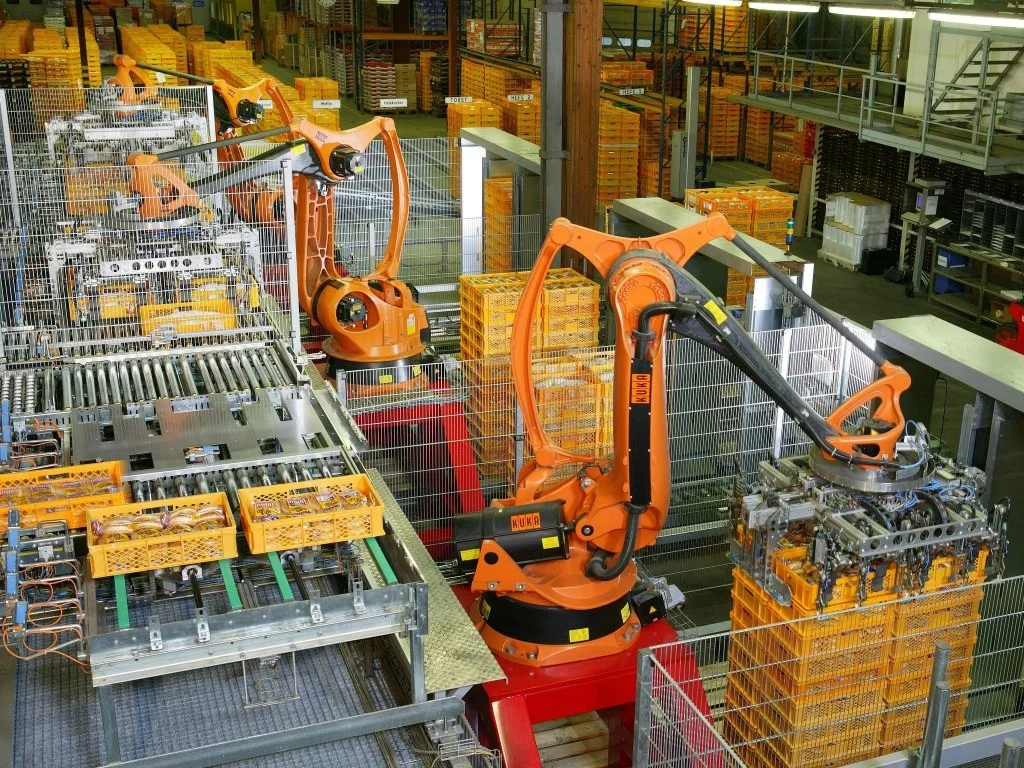BY MAYA GAINER
Maya Gainer is a first-year International Development student and an editor of SAIS Perspectives. She previously worked as a researcher at Princeton University's Innovations for Successful Societies program, which took her to six continents to study governance and service delivery.
Masood Ahmed, the president of the Center for Global Development, spoke at the final Development Roundtable of the Fall semester on trends and emerging issues in international development. Drawing on his experience at the International Monetary Fund, World Bank, and UK Department for International Development, Ahmed discussed global demographic, environmental, and technological changes that will shape policy and politics in the coming decades. The following are highlights from his talk.
The International Development Roundtable Series is one of the premiere speaking venues for development professionals in the D.C. area.
Making migration a win-win
In most of the world, Ahmed noted, the proportion of young people is expected to fall, and many countries, for instance in Europe, will likely have difficulty maintaining a sustainable ratio of young workers to the elderly. The exception will be in Africa, where the youth population is expected to double by 2050. With a large youth population in Africa looking for jobs and falling dependency ratios in Europe, migration is inevitable—and can benefit both continents. The question for policymakers, Ahmed said, is how to manage an orderly system of migration, ensure migrants have the skills they need to work in Europe, and promote integration and tolerance.
Investing in the world’s shared future
Climate change presents a particularly urgent challenge for the poorest countries, which are most likely to see losses of land area, threats to livelihoods due to drought and desertification, and damage from natural disasters. In countries with high poverty levels, these threats will impact those who are already vulnerable. Up to 200 million people are at risk of climate-related displacement as their livelihoods are impacted or their lands become unlivable. Meanwhile, Ahmed said, the growing middle class in developing countries will drive global increases in energy consumption. The technologies they adopt—from household appliances to energy infrastructure and transportation systems—will shape humanity’s impact on the climate in the coming decades. He called on policymakers to facilitate the transfer of the world’s most efficient and sustainable technology to developing countries as an investment in the world’s shared future.
Rethinking development in an automating world
Technology is changing the nature of work, Ahmed said, and with it economic development. Automation presents a policy challenge for countries like the US, where numerous jobs have been lost and more are at risk—but perhaps an even greater one for developing countries. With manufacturing increasingly automated, policymakers may need to rethink the traditional development model of moving surplus labor from agriculture into light manufacturing. Ahmed challenged SAIS students to think about new ways for workers in developing countries to move into high value-added manufacturing and services without the traditional intermediate step of light manufacturing.
Integrating policy and politics
It’s impossible to separate economic policy from politics, Ahmed said, and the risks of compartmentalizing are greater than ever. For instance, he said, inward-looking policies initiated in response to a backlash against globalization can slow economic activity and fuel greater political instability. Conflict and fragility are key contributors to projections of low growth in many African and Latin American countries. Close attention to the connections between sectors will be crucial in managing the development challenges of the future.
Many thanks to Mr. Ahmed for sharing his insights on the challenges SAIS students and their colleagues will face in the coming decades, and to the International Development program for organizing the Development Roundtable.
To learn about other events in the International Development Roundtable Series, click here.
PHOTO CREDIT: KUKA Roboter GmbH from Wikimedia Commons [Public domain]

